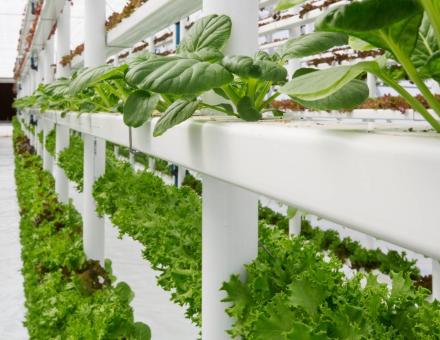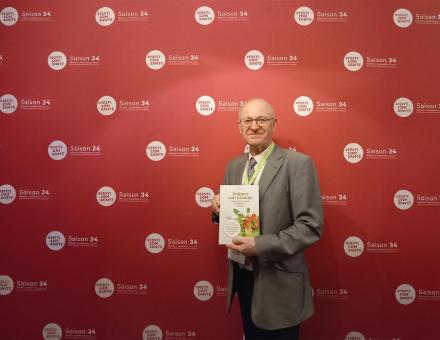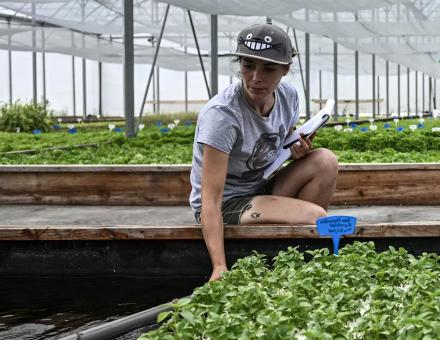UniLaSalle congratulates David Houben on his HDR!
David Houben, a teacher-researcher in Soil Sciences and Director of the Agrosciences College at UniLaSalle Beauvais, has been awarded his Habilitation à Direire des Recherches (HDR) following his defense, which took place on April 23, 2024 at UniLaSalle Beauvais.
David Houben's work focuses on the following topic: "Towards a better understanding of biogeochemical processes within the soil-plant system: the key to developing multifunctional, sustainable agroecosystems"
JURY
- Sylvain Pellerin, Research Director, INRAE Bordeaux
- Claire Chenu, Professor, AgroParisTech
- Philippe Hinsinger, Research Director, INRAE Montpellier
- Jérôme Duclercq, Senior Lecturer, Université de Picardie Jules Verne
- Michel-Pierre Faucon, Research Director, UniLaSalle Beauvais
ABSTRACT
Optimizing the functioning of agro-ecosystems represents a major challenge at a time when increasing pressure on natural resources and the need to meet global food requirements call for more efficient and sustainable management of agricultural land. In this context, one of the objectives of the agroecological transition is to encourage the closing of major cycles by promoting increased biodiversity and the substitution of mineral inputs by fertilizing materials derived from renewable resources. However, given the multiplicity of biotic and abiotic interactions operating within the soil-plant system, new knowledge of the biological and physico-chemical regulation of biogeochemical cycles is required to be able to quantify and predict the benefits and limitations of innovative cropping practices and techniques, and to implement wise management of soil resources.
In this dissertation, I first describe the evolution of my thinking on the consideration of processes operating within the soil-plant system with a view to designing multifunctional and sustainable agroecosystems. More specifically, I report on my main research into understanding the rhizospheric processes involved in phosphorus mobilization and their implications for improving phosphorus availability in soils. I then address the issue of using industrial or agricultural by-products as multifunctional soil improvers. I illustrate my approach with a particular focus on biochar, the subject of my research from my thesis to the present day, and its effects on the functioning of the soil-plant system.
Secondly, I am proposing a research project based on an improved understanding of the biogeochemical processes operating within the soil-plant system, through a holistic approach revolving around the three pillars of agroecology and conservation agriculture, namely nutrient recycling using organic amendments, reduced tillage and the establishment of a cover crop, particularly one diversified in species. The approach proposed in this project is intended to be of increasing complexity: it proposes to study soil-plant interactions and their consequences on soil functioning in response to the application of amendments, then addresses the question of tillage and the stratification of nutrient availability on these interactions, and concludes with the integration of the complexity of these interactions in systems diversified in plant species. An example of the prospects for these studies concludes this project, highlighting the need to study the coupling of biogeochemical cycles through their direct and indirect links in order to maximize the provision of ecosystem services by soils and agroecosystems.






